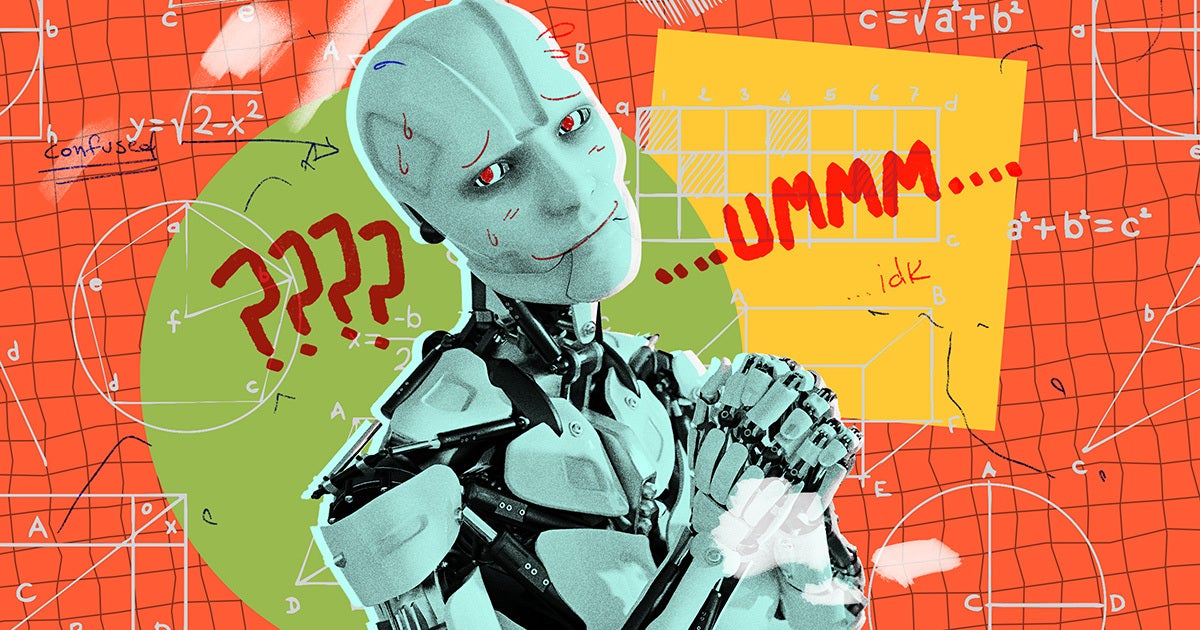OpenAI Researchers Discover That Top AI Models Struggle to Resolve Most Coding Challenges

AI in Software Engineering: Current Limitations
OpenAI researchers have acknowledged that even the leading artificial intelligence (AI) models are not yet capable of replacing human coders. Despite CEO Sam Altman’s prediction that AI could surpass "low-level" software engineers by the end of the year, recent studies indicate significant gaps in the technology’s abilities.
Research Findings on AI Coding Capabilities
In a recent study published by OpenAI, researchers discovered that even the most advanced AI systems are unable to complete a majority of coding tasks successfully. The study utilized a new benchmarking tool known as SWE-Lancer, which is based on over 1,400 software engineering challenges sourced from Upwork, a popular freelancing platform.
This benchmark aimed to assess the performance of three large language models (LLMs): OpenAI’s flagship models, GPT-4o and o1 reasoning model, as well as Anthropic’s Claude 3.5 Sonnet.
Types of Tasks Analyzed
The benchmarking was focused on two distinct categories of tasks from Upwork:
- Individual Tasks: Involved debugging and fixing minor coding errors.
- Management Tasks: Required an overview understanding, allowing models to make higher-level programming decisions.
Importantly, the models were not permitted to access the internet during this process, reinforcing the need for them to rely solely on their training data rather than copying existing solutions.
Performance Limitations
While the models attempted numerous tasks that collectively represented significant monetary value on Upwork, their capabilities were restricted. The AI successfully handled only superficial software problems but struggled with deeper issues, such as identifying bugs within large projects or understanding their root causes. This limitation is not surprising to industry veterans, who know that AI can generate seemingly confident responses that often lack depth upon closer examination.
The paper points out that although AI models can execute tasks more quickly than a human coder, they often misinterpret the context and scale of bugs. This misunderstanding results in solutions that are not only incorrect but also lack comprehensiveness.
Comparative Performance of AI Models
Among the tested models, Claude 3.5 Sonnet outperformed its OpenAI counterparts, yielding more correct answers and proving more profitable in terms of task completion. However, the study emphasizes that despite its relative success, most of Claude 3.5 Sonnet’s outputs were still erroneous. The researchers concluded that any AI model must demonstrate "higher reliability" before being entrusted with real-world coding responsibilities.
The Gap Between AI and Human Coders
The findings clearly indicate that while these advanced AI models can perform specific, narrowly focused tasks quickly, they do not hold a candle to the nuanced skills of human software engineers. As AI technology evolves, it is likely to improve, but the current state shows that it lacks the proficiency necessary to replace human workers competently.
Despite these shortcomings, there is a growing trend in the industry where CEOs are opting to reduce their workforce of human coders in favor of deploying immature AI systems. This shift highlights the broader conversation around AI’s role in various roles traditionally filled by humans and the inherent risks involved in such moves.
The Future of AI in Software Development
The ongoing advancements in AI technology are making headlines daily. However, as discovered in this research, there is still a considerable journey ahead before AI can take on the complexity and depth of software engineering tasks that human coders excel at. The industry is undoubtedly watching as these developments unfold, but for now, the role of skilled software engineers remains vital.





